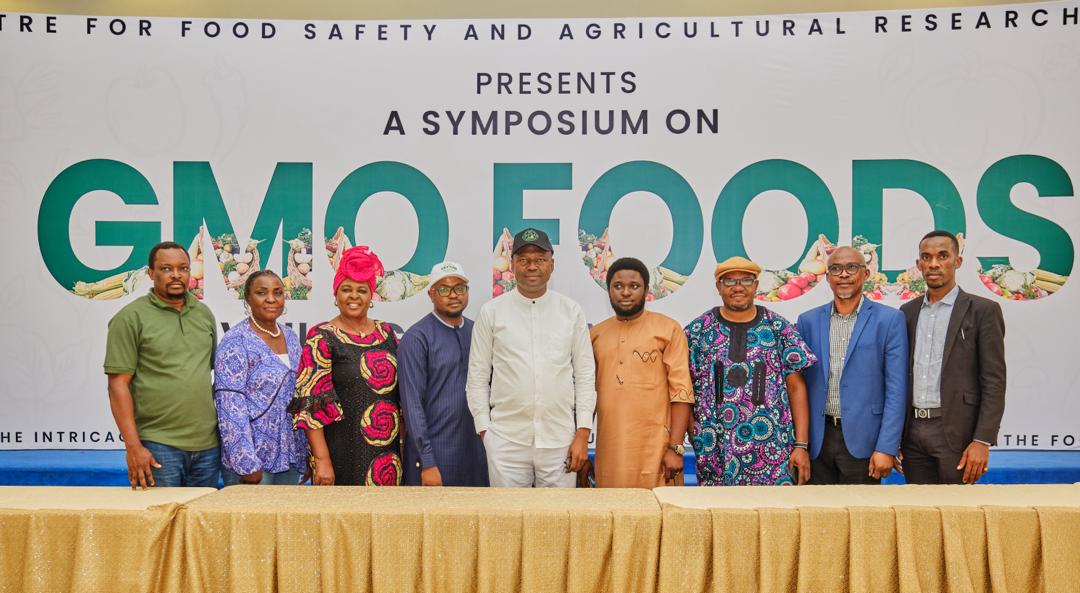The Center for Food Safety and Agricultural Research (CEFSAR) has called for the urgent need to ban agrochemicals and promote organic farming practices to ensure food security, environmental sustainability, and human health.
CEFSAR Director Prof. Qrisstuberg Amua, at a thought-provoking symposium organized by the center and held at the Waterfalls Event Centre in Ikeja, Lagos, noted that CEFSAR remains committed to promoting conversations on organic farming and advocating policies supporting sustainable agriculture.
Key highlights included expert panel discussions led by professionals in agriculture, academia, public health, media, IT, law, and research. Panelists shared insights, research findings, and experiences, providing a comprehensive overview of the principles of organic farming.
NABG Calls for Adoption of Climate-smart Agriculture for Sustainable Food Production
Speakers stressed the importance of sustainable agricultural practices and engaged in thoughtful discussions on the ethical and societal implications of GMO technology, considering factors such as food security, health, environmental sustainability, and socioeconomic impacts.
The symposium emphasized the need for younger generations to embrace farming while calling for evidence-based assessments of GMO technology’s impact on agricultural productivity, soil health, and food security.
Segun Adebayo, an organic farming advocate and IT expert, highlighted the potential risks of the foods, including health implications and environmental concerns, while emphasizing the importance of informed decision-making regarding food choices.
NCCC Partners CAA to Address Climate Change in Nigeria
Adebayo explained that the need for safety in food production cannot be overlooked, as there is a reference to a two-year study showing severe health implications, including liver and kidney issues, tumors, and hormonal imbalances.
“But I would rather call for a balanced approach to this, where people have the knowledge and freedom to choose what they eat, understanding the implications of GMOs and the need for transparency in food production.“ Adebayo noted



